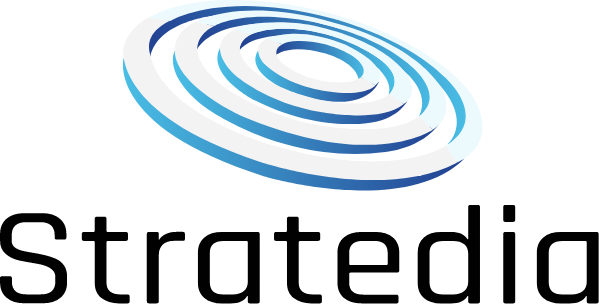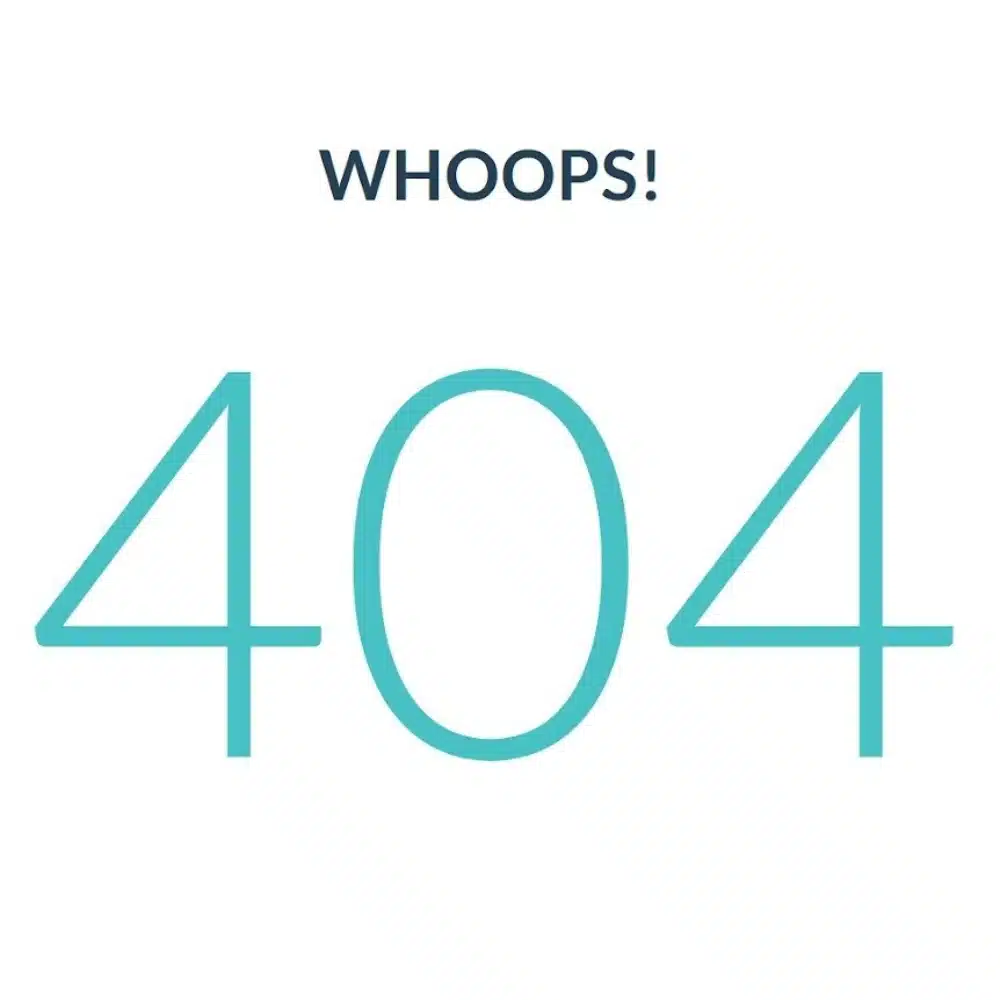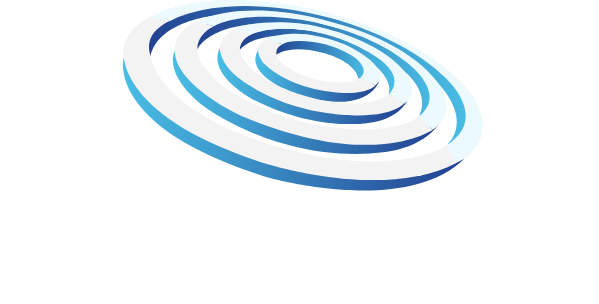In the competitive digital landscape, ensuring your website is free from crawl errors and broken links is essential for maintaining a strong online presence. These issues can significantly impact your search engine rankings and user experience, making it crucial to address them promptly. As the top SEO agency in Waterford, CT, STRATEDIA is committed to helping businesses optimize their websites and improve their search visibility. In this blog, we’ll explore how to effectively identify and resolve crawl errors and broken links to keep your site running smoothly.
Understanding Crawl Errors
Crawl errors occur when search engines like Google attempt to access a page on your website but are unsuccessful. These errors can prevent your content from being properly indexed, which may result in lower search engine rankings and reduced visibility. There are two main types of crawl errors: site errors and URL errors.
- Site Errors: These errors affect your entire website and can be caused by issues such as server downtime, DNS (Domain Name System) errors, or robots.txt file restrictions. If search engines cannot access your site at all, it can lead to a significant drop in rankings.
- URL Errors: These errors are specific to individual pages on your website. Common URL errors include 404 errors (page not found), which occur when a page has been deleted or the URL has been changed without proper redirection.
Identifying Crawl Errors
To identify crawl errors, it’s important to use tools like Google Search Console, which provides detailed reports on the status of your website’s crawlability. The Coverage report in Search Console highlights any errors Google encounters while crawling your site, including which pages are affected and the specific type of error.
Addressing Crawl Errors
Once you’ve identified crawl errors, the next step is to resolve them:
- Fixing Site Errors:
- Server Issues: Ensure your server is reliable and has sufficient resources to handle traffic. If you experience frequent downtime, consider upgrading your hosting plan or switching to a more reliable provider.
- DNS Configuration: Check your DNS settings to ensure they are correctly configured. Misconfigured DNS can prevent search engines from accessing your site.
- Robots.txt File: Review your robots.txt file to make sure it’s not blocking important pages from being crawled. If necessary, adjust the file to allow search engines to access all relevant content.
- Fixing URL Errors:
- 404 Errors: Set up 301 redirects for any deleted or moved pages to guide search engines and users to the correct content. Avoid leaving broken links on your site, as they can harm both your SEO and user experience.
- Internal Linking: Ensure that all internal links point to live, relevant pages. Regularly audit your site to identify and fix any broken links.
The Impact of Broken Links
Broken links are hyperlinks that lead to non-existent or inaccessible pages. These can occur when a page is deleted, moved without proper redirection, or if there’s a typo in the URL. Broken links can frustrate users, leading to a poor experience and increased bounce rates. Additionally, search engines may penalize your site if they encounter too many broken links, as it signals poor site maintenance.
Identifying and Fixing Broken Links
To identify broken links, use tools like Google Search Console, Screaming Frog, or online link checkers. Once identified, you can fix broken links by:
- Updating the URL: Correct the link to point to the right page.
- Setting Up Redirects: Implement 301 redirects from the old URL to the new one.
- Removing the Link: If the page no longer exists and there’s no suitable alternative, remove the broken link altogether.
Conclusion
Crawl errors and broken links are more than just minor annoyances—they can have a profound impact on your website’s SEO and user experience. By proactively addressing these issues, you can improve your site’s crawlability, maintain higher search rankings, and provide a better experience for your visitors.
As the “top SEO agency in Waterford, CT,” STRATEDIA specializes in identifying and resolving these issues to help businesses succeed online. Whether you’re struggling with crawl errors or need help managing broken links, we have the expertise to optimize your site for peak performance. Contact us today to learn how we can elevate your SEO strategy and drive better results for your business.
